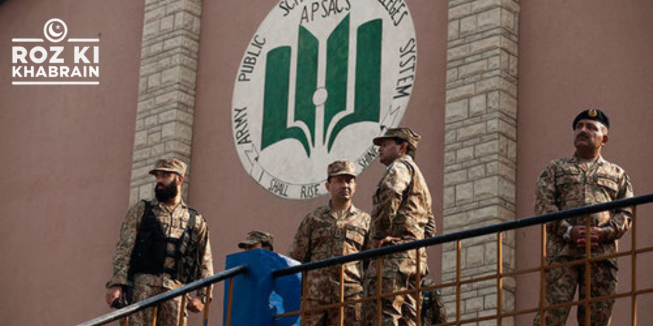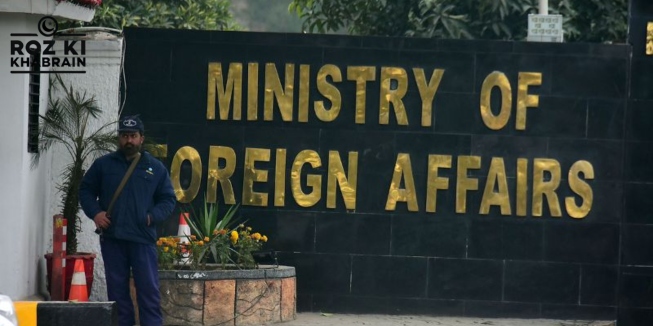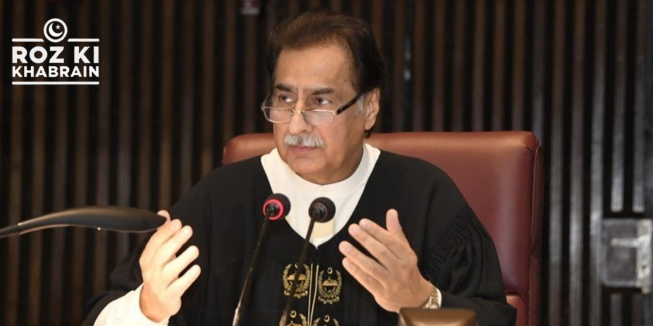On Wednesday, the Constitutional Bench of the Supreme Court of Pakistan sought clarification from authorities on why the Army Act was not applied to the cases related to the 2014 Army Public School (APS) attack.
The bench, led by Justice Amin-ud-Din Khan, was hearing an intra-court appeal challenging the decision to try civilians in military courts. During the proceedings, Khawaja Haris represented the Ministry of Defence.
Justice Jamal Khan Mandokhail raised concerns about the need to amend the Constitution for military trials in terrorism cases, highlighting the established connection between civilian crimes and military courts. He also questioned why such trials were not previously conducted despite the presence of the Army Act.
Khawaja Haris argued that the type of crime determines whether it is tried in a civilian or military court, asserting that civilian crimes tied to the armed forces fall under military court jurisdiction. However, Justice Mandokhail suggested that the perpetrator’s intent should be evaluated to decide whether the crime posed a threat to national interests.
Haris further explained that military courts could try acts of terrorism associated with religious or terrorist groups under the Army Act, with or without constitutional amendments. He clarified that the APS attack, though linked to the military, was not tried in military courts, as the constitutional amendment also applied to crimes beyond military duties.
Justice Muhammad Ali Mazhar emphasized that the court’s focus was on assessing the constitutional validity of the law, not on specific crimes. Haris argued that if the Supreme Court upheld Sections 21D and 2D2 of the Army Act, challenges to military courts should be dismissed.
The bench also referenced the 21st Constitutional Amendment, which allowed military trials for terrorism cases following the APS attack. Justice Naeem Akhtar Afghan noted the parliamentary debate surrounding the amendment, while Justice Hassan Azhar Rizvi commented on the emotional context of its approval.
Khawaja Haris defended the role of parliament in passing the amendment, crediting former Senate Chairman for playing a pivotal role in its approval. The hearing was adjourned until Thursday.




